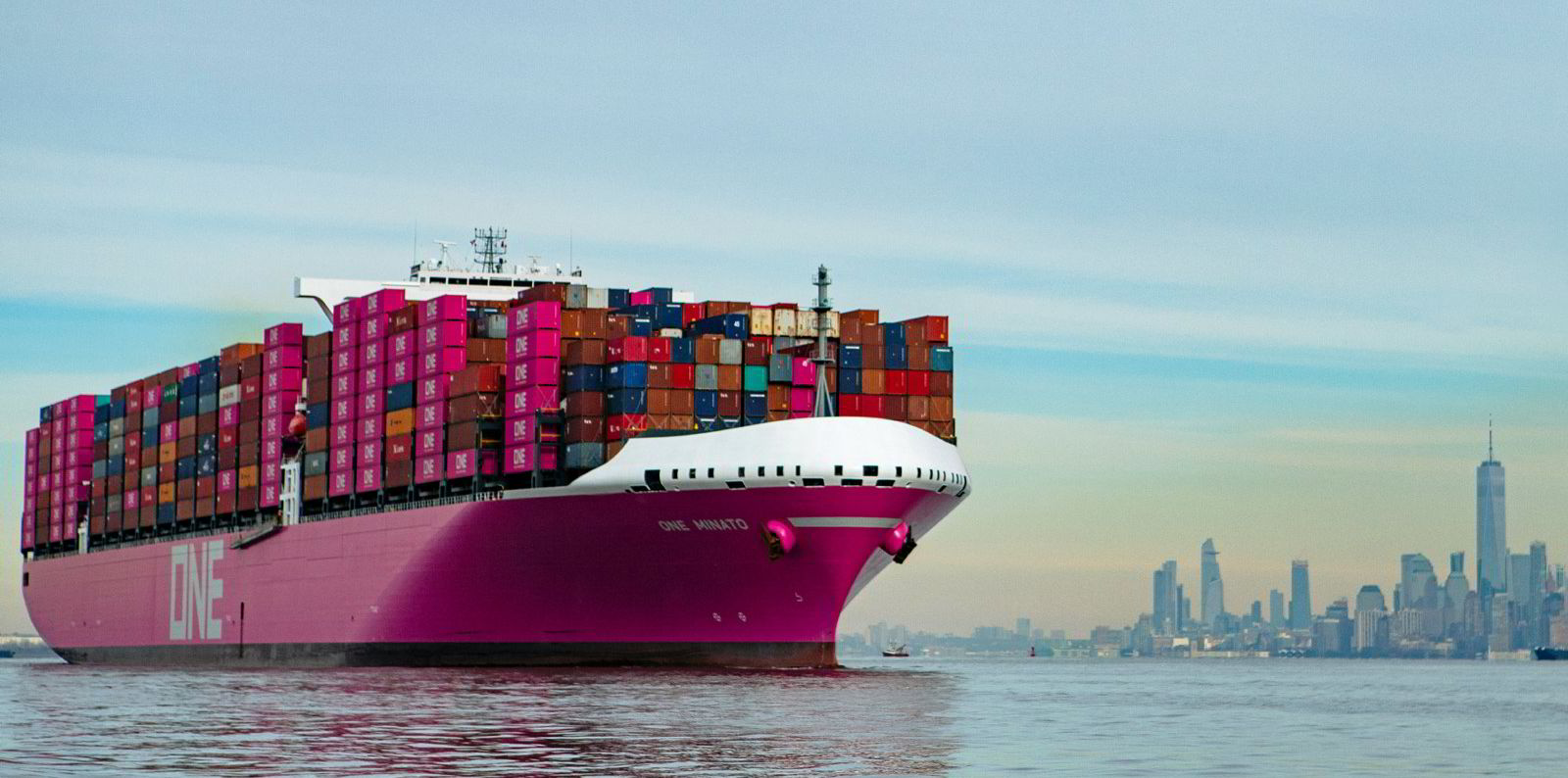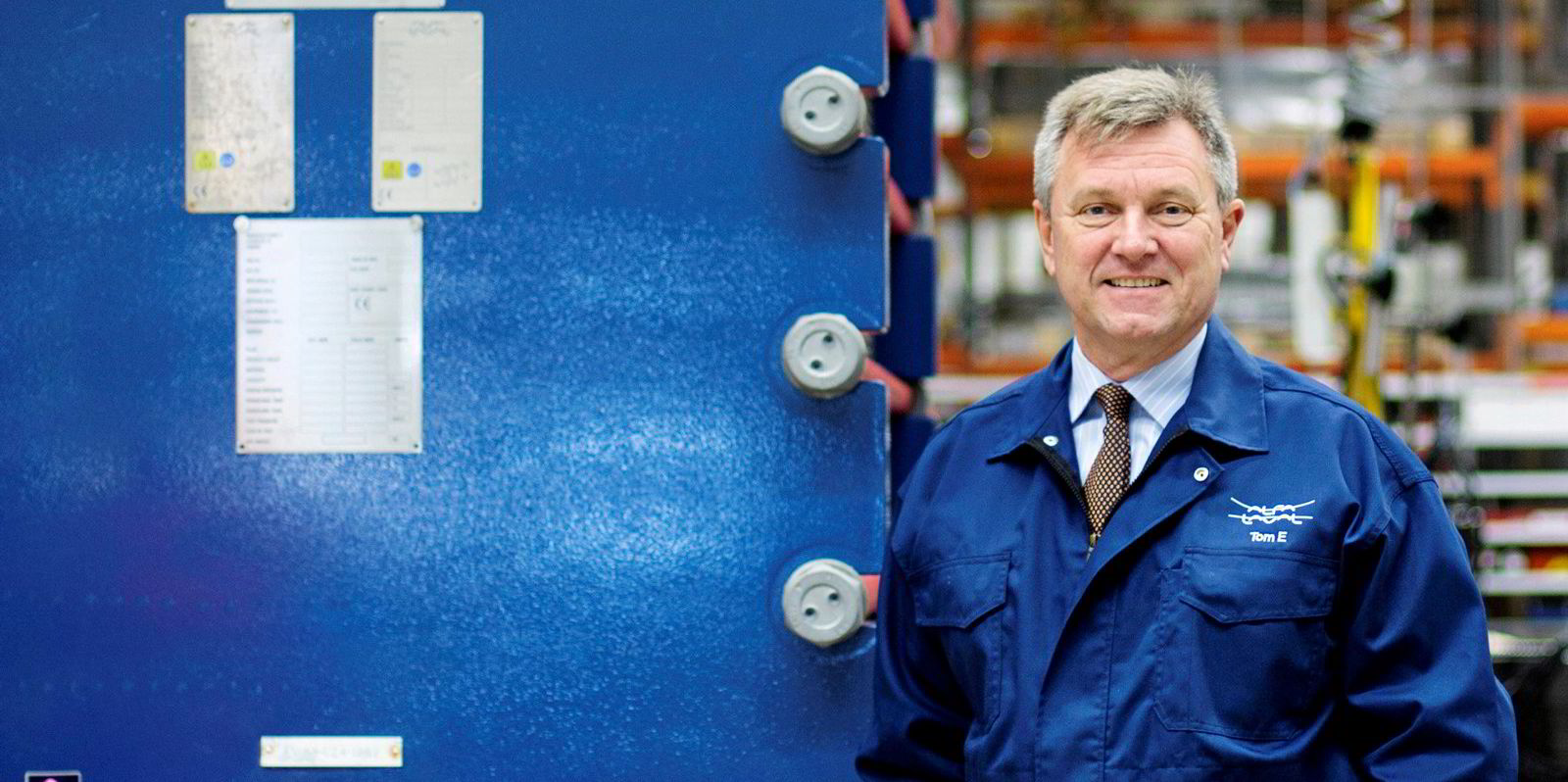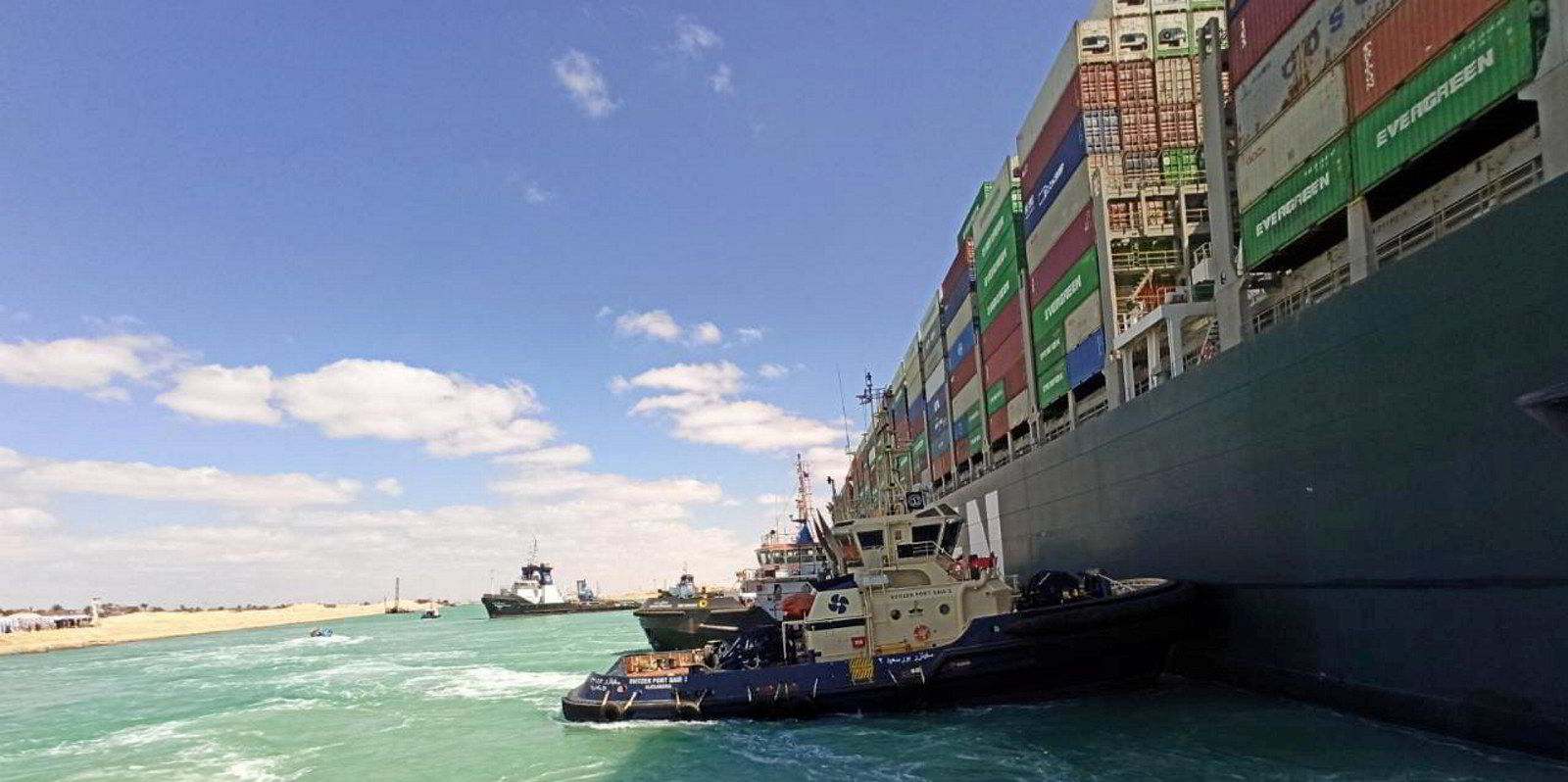Singapore-headquartered Ocean Network Express (ONE) has signed up for wider access to StormGeo’s ship routing services to optimise vessel operations.
One of the container line’s ships, the 14,052-teu ONE Apus (built 2019), lost nearly 1,900 containers amid a violent storm north-west of Hawaii last year.
That was believed to be the largest loss of containers ever attributable to bad weather and the largest single incident involving loss of containers for many years.
In a joint statement on Tuesday, the two companies said the new agreement would ensure the safety of the ONE fleet, help maintain sailing schedules, and allow vessel performances to be monitored closely.
“Having access to weather forecasts specific to our voyages helps us manage our strict ETAs [estimated time of arrivals] with a focus on safety and fuel efficiency,” ONE’s general manager for global ship operations Sachin Sirsikar said.
The box carrier was formed in 2017 with the merger of the Japanese liner operations of K Line, Mitsui OSK Lines and NYK Line.
In July 2019, ONE began to roll out StormGeo’s software s-Planner BVS in its fleet of over 200 vessels in a bid to utilise weather forecast information to avoid potentially damaging sea conditions.
ONE’s onshore staff also have access to StormGeo’s s-Insight web platform, which provides instant visibility of the location and performance of the entire fleet.
The software provider’s chief operating officer Kim Sorensen said: “Our customer service teams have a great relationship with ONE, particularly with their Global Ocean Route Advisory team in Singapore.
“We work hard to ensure their fleet is safe, timely and fuel efficient, utilising constant power to optimise their passages.”
The agreement came after Swedish industrial group Alfa Laval announced it is buying StormGeo for NOK 3.6bn ($443m) on Monday.
Norway-based StormGeo provides weather intelligence shipping software to more than 2,200 customers globally in a number of industries, including oil and gas, renewable energy, utilities, aviation and shipping.
As part of industry-wide digitalisation, ship operators and trading houses have increasingly relied on accurate weather forecasting to find best sailing routes that can minimise fuel consumption.
Researchers have reported more extreme weather conditions due to climate change in recent years, and site-specific forecasting, coupled with asset-specific data, are seen as a way to safeguard people, assets and operations in shipping.






